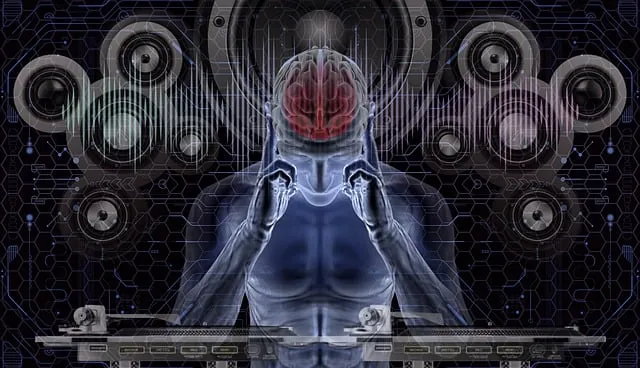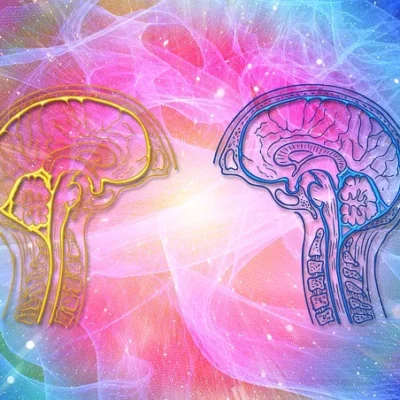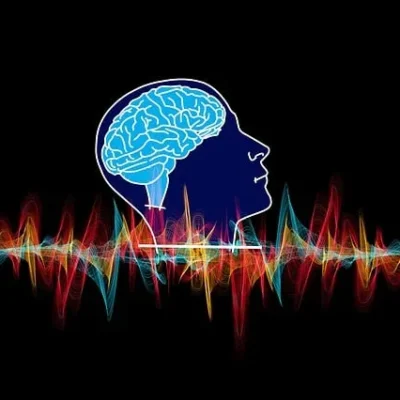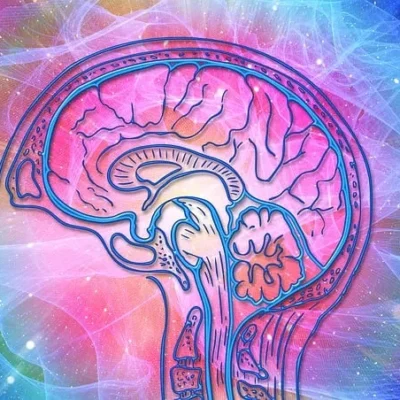
We advise the applicant to check with each program to determine if this is an issue for their admissions committee. Our program has accepted students with one letter from a postdoctoral mentor, but we found that these students were not eligible to be nominated for some university-level awards. Thus, there is a balance in having the letter come from someone who worked with the student directly but also having the letter come from a faculty member. We recommend that undergraduates in these situations get a single letter that is co-signed by both the postdoctoral fellow and the professor or senior mentor.
I am moving on to a faculty position at the Max Planck Institute for Intelligent Systems in Tübingen (Germany). My lab will develop theories and tools for understanding and promoting cognitive growth, goal setting, productivity, and goal achievement. I’m submitting a paper soon and will be filing my thesis in August. After that I will probably do a postdoc, but I’m also looking at data science jobs. While there are no official prerequisites, we highly recommend that applicants have some form of research experience.
Methods from molecular biology, computational biology (bioinformatics), and cellular physiology are often used in this research. First and foremost, we wish to point out that there should be no such thing as an “alternative career” — graduates should go towards a career and not away from one. Below is a list of best universities in Bangkok ranked based on their research performance in Neuroscience. A graph of 86.9K citations received by 6.95K academic papers made by 14 universities in Bangkok was used to calculate publications’ ratings, which then were adjusted for release dates and added to final scores. Below is a list of best universities in Thailand ranked based on their research performance in Neuroscience.
Make your mark in the longest-standing neuroscience graduate program in the United States. Our dynamic group of more than 80 students and 150-plus faculty perform research that spans the breadth of neuroscience, within a cohesive, close-knit campus community. The Graduate School at UF requires a minimum GPA of 3.0 in the last two years of undergraduate studies. Emphasis is also placed on performance in relevant undergraduate/graduate courses (i.e. biology, science), statement of purpose, letters of recommendation, and extracurricular and research experience. The final part of the personal statement should state why they are applying to the particular program. A number of years ago, our Graduate Program in Neuroscience at the University of Minnesota performed a statistical analysis of what correlated with successful completion of our PhD program.
For the neuroscience PhD program we ask that your statement of purpose be approximately 1000 words. In the subsequent years, PhD trainees continue to do research, write and publish papers, present their work at conferences and in colloquia, and proceed on the journey to graduation. Graduate neuroscience programs generally have trainees meet with their thesis committee once or twice a year to ensure that they stay on track to graduation. The final stage, of course, is the thesis writing and thesis defense. From the visitor side, this is an opportunity to see what the program is like, as well as the living environment where the program is located.
Applicants then receive a letter of notification regarding the admissions decision beginning in early March to mid April. Throughout this section, we will use our program as an example and we will note where it differs from others. This website is using a security service to protect itself from online attacks. There are several actions that could trigger this block including submitting a certain word or phrase, a SQL command or malformed data. We foster the development from trainee to independent research scientist and educator.
Are you considering pursuing a neuroscience PhD program at the University of Cincinnati? If so, you may be wondering about the experiences of current and former students in the program. While individual experiences can vary, gaining insights from peers can provide valuable information to help you make an informed decision about your academic journey.
Current Students
For those currently enrolled in the neuroscience PhD program at the University of Cincinnati, the experience can be both challenging and rewarding. Students have the opportunity to work closely with faculty members on cutting-edge research projects, participate in seminars and conferences, and collaborate with peers in a supportive academic community. Many students find the program to be intellectually stimulating and enjoy the opportunity to contribute to the field of neuroscience through their research.
Former Students
Individuals who have completed the neuroscience PhD program at the University of Cincinnati often go on to pursue careers in academia, industry, or government. Alumni of the program speak highly of the quality of education they received, the mentorship they received from faculty members, and the opportunities for professional development that were available to them during their time in the program. The skills and knowledge gained through the program have equipped many graduates to excel in their chosen career paths.
Conclusion
Whether you are a prospective student considering the neuroscience PhD program at the University of Cincinnati or a current student seeking insights from others in the program, hearing from individuals who have firsthand experience can provide valuable perspectives. By connecting with current and former students, you can gain a better understanding of what to expect from the program and how it can help you achieve your academic and professional goals in the field of neuroscience.




